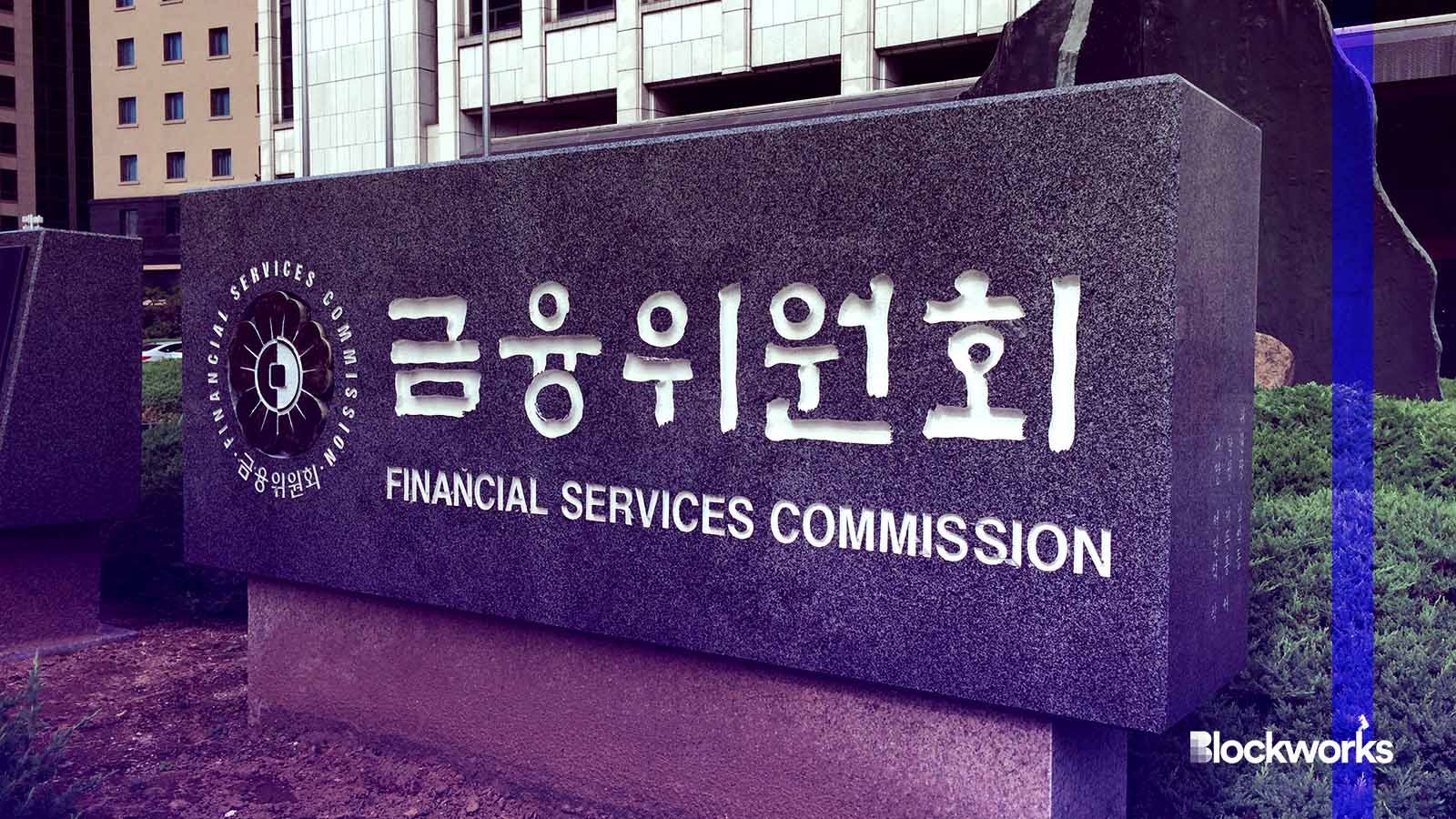South Korea regulator wants banks to custody customers’ VASP deposits
The comment period is open until Jan. 22

SFC building | NEWSQUARE PHOTO/"2014-08-09 16.08.17″ (CC license)
South Korea’s Financial Services Commission (FSC) proposed new rules on Monday to protect crypto users.
The proposed rules would fall under its Protection of Virtual Asset Users Act, which is set to take place on July 19, 2024.
The Act will cover “electronic tokens with economic value which can be traded or transferred electronically,” but put “electronic bonds, mobile gift certificates, deposit tokens linked to CBDC and non-fungible tokens (NFTs) to the list of excluded tokens,” the FSC said.
NFTs have an exception, however, with the FSC clarifying that large scale issuances, as well as tokens used as a payment method for a good or service, could see “digital tokens” categorized as a virtual asset under the Act.
“Although a digital token is called an NFT, it can be regarded [as] a virtual asset under the Act if it is issued in a large scale and traded in a fungible manner, or if it can be used as a payment method for goods and services,” the FSC wrote in a footnote.
Read more: Crypto tax evasion cases are on the rise: Bloomberg
The proposal suggests that Virtual Asset Service Providers (VASPs) would custody customer money in banks. This would prevent customer money from being mingled with the VASPs funds. If a VASP uses customer deposits, they would be “required to pay fees to their customers” for using the money, “taking account of their operating profits and costs.”
Banks, under this proposal, would be allowed to invest the deposits in “safe assets” like government bonds.
VASPs would use cold wallets to hold roughly 80% of customers’ virtual assets.
The proposal would require liability insurance for any VASP, with the compensation limit set at least 5% of the customer funds in hot wallets or reserves of the same amount set aside.
The comment period for the proposals is open until Jan. 22.
South Korea is working to regulate the crypto industry. Back in July, the FSC ordered companies to disclose crypto holdings and issuances. The move helps to align the crypto accounting standards with the traditional standards. Lawmakers, starting in May, now have to disclose crypto assets.
The Virtual Asset Protection Act was passed back in June, with a focus on cracking down on illegal trading from market manipulation to insider trading.
Get the news in your inbox. Explore Blockworks newsletters:
- The Breakdown: Decoding crypto and the markets. Daily.
- 0xResearch: Alpha in your inbox. Think like an analyst.






